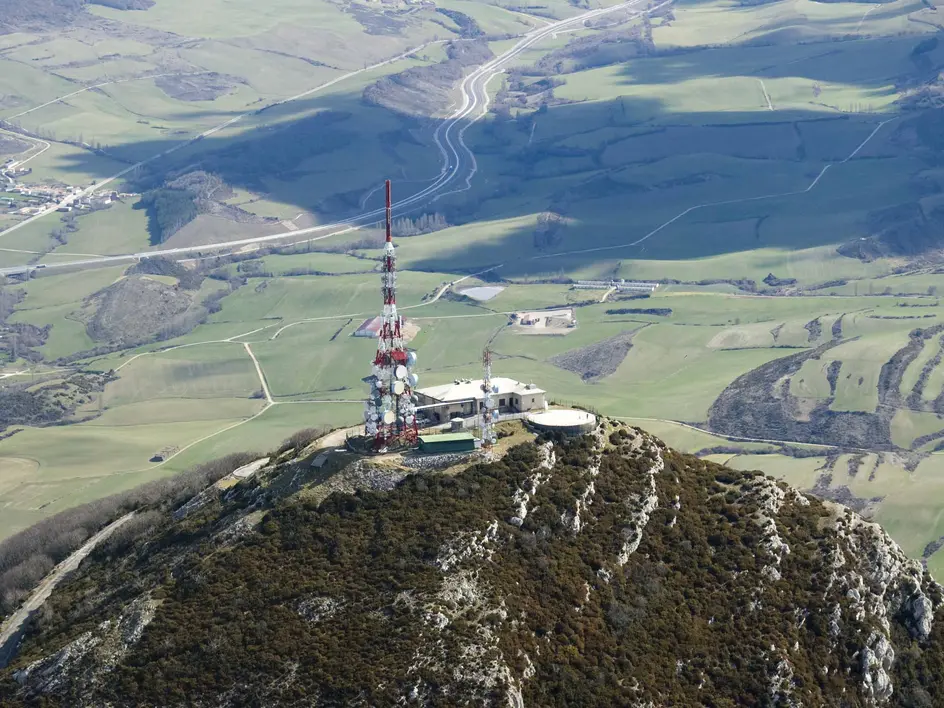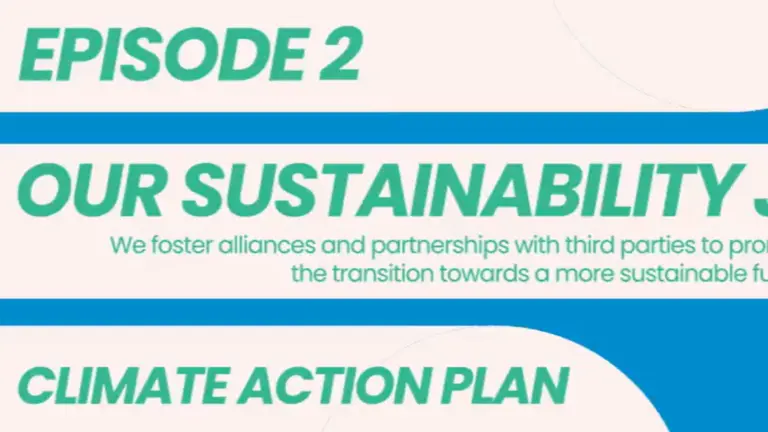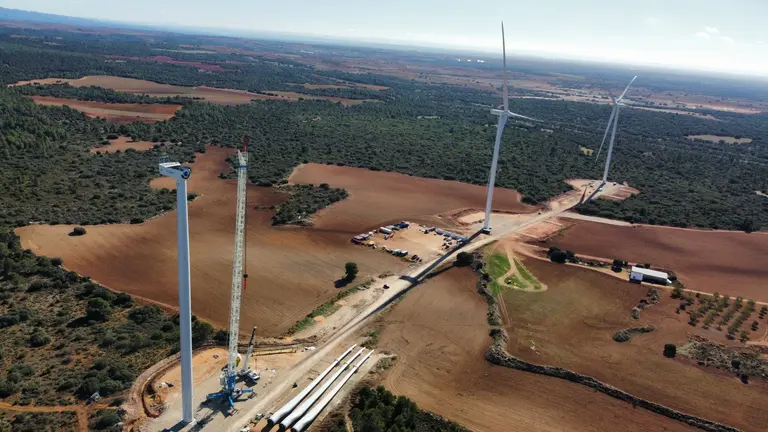
The Science Based Targets initiative (SBTi), established in 2015 through collaboration between CDP, the UN Global Compact, WRI and WWF, helps companies set decarbonisation targets in line with the Paris Agreement, which aims to limit the global temperature rise to 1.5°C compared to pre-industrial levels.

The companies driving this change include some in our portfolio - Cellnex, Mundys and Avolta - which, each via its own approach, are making a concrete transition to more sustainable growth models.
Mundys
Infrastructure can do a great deal more than connect people and places: it can leverage sustainable transformation for our planet. This vision is guiding Mundys' efforts, undertaken through targeted investments, technological innovation and a clear climate roadmap, which are reshaping the future of mobility and infrastructure. And this is being done now, leading to concrete actions, tangible results and ambitious targets certified by the Science Based Targets initiative (SBTi).
Mundys is now one of the few groups in the motorway and airport sector with climate targets set to curb global warming, and has already reduced its direct emissions by 35%. This has been enabled by concrete initiatives, including:
- installation of more than 60 MW of solar energy systems on infrastructure;
- use of electricity from renewable sources for 82% of demand;
- large-scale adoption of LED lighting;
- replacement of heating and cooling systems;
- electrification of company vehicle fleets;
- installation of more than 5,000 electric vehicle charging stations at the Group's airports;
- use of recycled materials (more than 82%) in motorway operation;
- reduction of traffic, pollution and CO2 thanks to the technological services provided by Telepass and Yunex Traffic.
Looking to the future, Mundys has set itself some challenging goals: achieve Net Zero in direct emissions (Scope 1 and 2) by 2040, and also reduce indirect emissions throughout the supply chain.
Every step Mundys takes towards a greener future is a promise to the planet and its inhabitants. Through clear objectives and concrete actions, Mundys is contributing to a more sustainable and liveable future for everyone.
Avolta
Every morning, millions of travellers go into Avolta outlets at airports, along motorways, in train stations and in city centres all over the world. These spaces, once powered by traditional energy, are now the epicentre of a transformation that is revolutionising the travel experience.
Thanks to the transition to renewable energy and an emissions reduction strategy, Avolta is creating a new normal in which sustainability is at the heart of every operation. Avolta's efforts are focused on key areas. such as energy consumption in shops, restaurants, warehouses and offices, transport and logistics emissions, waste management and, above all, purchased goods (the largest share of the environmental footprint), which confirms the crucial role the company plays in climate strategy.
On this basis, Avolta has set ambitious environmental targets:
- 100% supply of electricity from renewable sources by 2025 (from 0% in 2019), and maintaining this threshold every year until 2030;
- 94.2% reduction in absolute Scope 1 and 2 greenhouse gas emissions by 2030;
- 28% reduction in absolute Scope 3 emissions from transport and distribution by 2030.
The path Avolta has embarked on shows that, even in a dynamic and complex sector like travel retail, a sustainable transformation can be driven by incorporating environmental responsibility into daily activities and strategic choices.
Cellnex
We imagine a future in which telecommunications, as well as connecting people, also contribute to a greener and more sustainable world. This is the challenge that Cellnex - Europe's leading wireless telecommunications infrastructure operator - opted to tackle head-on, by setting out on its journey towards decarbonisation in 2019.
With an eye on the future, Cellnex has aligned its climate goals with the UN-sponsored "Business Ambition for 1.5°C" initiative. The company is now doubling down on its commitment with scientific targets validated by the Science Based Targets initiative (SBTi), by turning ambitions into concrete results:
Not just words, these goals are also implemented through concrete targets:
- 70% reduction in absolute greenhouse gas (GHG) emissions (Scopes 1 and 2) and indirect fuel and energy emissions (Scope 3) by 2030;
- 100% use of renewable electricity by 2025;
- 21% reduction in Scope 3 emissions related to the purchase of goods and services and capital goods, also by 2025.
Cellnex looks responsibly to the future, fully aware that the telecommunications sector can and must play a vital role in combating climate change.


